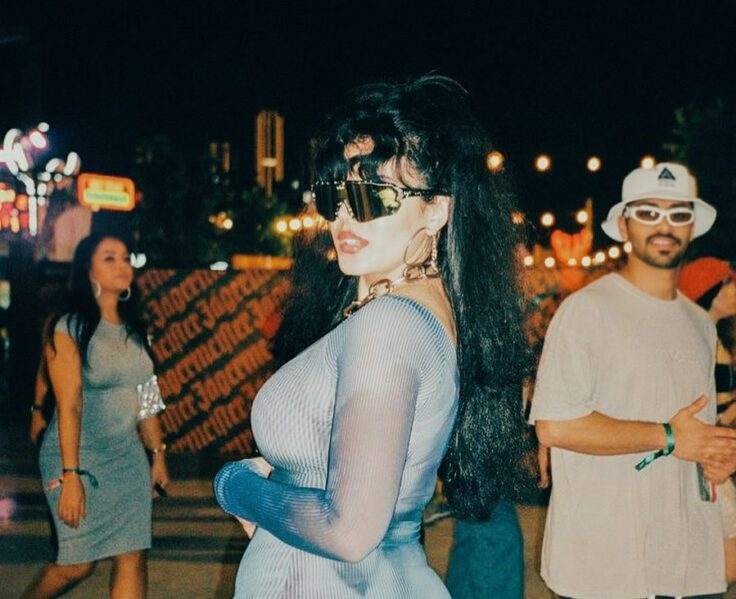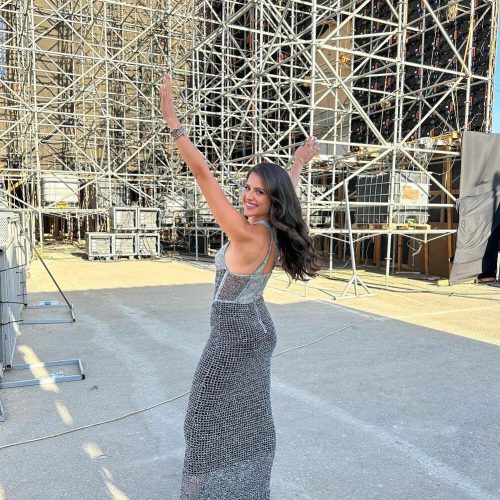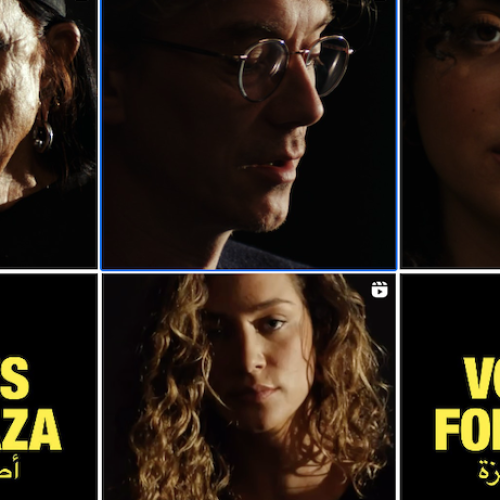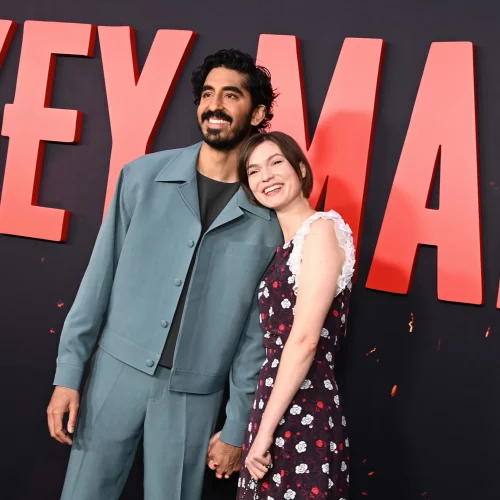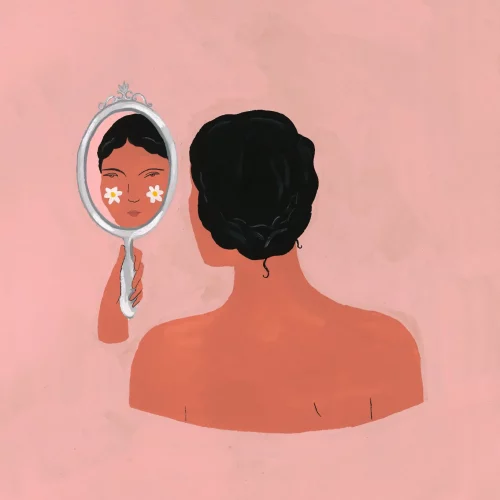As fortunate as we are to collectively bear witness to the region’s cultural shift from a once-marginalized realm to a global epicenter of all things related to the world of arts, the institutionalization of existing frameworks and practices has become of the utmost importance to sustain this ongoing momentum and ensure the continued flourishing of each respective scene. No longer at a stage where spoken agreements can serve as a binding deal or where Instagram DMs can take on the role of a formal contract, the Arab World’s growth entails a certain level of professionalism to foster long-term stability all while protecting the rights and interests of artists, producers, and other stakeholders alike— a dynamic that is unfortunately yet to have become the norm.
Odds are, you’ve either experienced it first-hand or heard of someone close enough who has encountered a situation where the lack of proper documentation or failure to keep a record of a certain arrangement has led to confusion, disputes, or other complications. With no viable or realistic way of resolving whatever issue is at hand, these specific instances— which may become increasingly more common as our region’s cultural arena expands— put the entire integrity and well-being of our scene at risk; a regrettable situation Sudanese rapper Nadine El Roubi is eager to raise awareness about.
“I feel like in our culture, societies, and scenes, it comes across as distasteful and almost rude to discuss (contracts, ownership, and money),” El Roubi shared. “I remember how awkward I would feel any time my then-manager urged me to establish what a deal would entail, whether it was with a producer or a fellow artist. I now understand that these practices exist not as a symbol of distrust or bad faith but as a form of protection for everybody involved,” the 27-year-old rapper recalled.
Voir cette publication sur Instagram
Une publication partagée par Nadine El Roubi 💫🇸🇩 (@nadineelroubi)
Speaking on some of the practices she deems amateurish and improper, El Roubi vehemently criticizes Instagram DMs being used as a tool for conducting official business or negotiations, lacking the security required for such dealings. “It’s treated as email here, and I truly can’t think of a more unprofessional form of communication,” the Boston-based lyricist confessed. “Numbers change, messages get deleted, and edited, phones get switched out, group chats get messy, and it’s hard to keep track of threads. I can’t stand being DM’d with a business inquiry when my official team’s email is right there,” she added before emphasizing how “emails need to heavily be pushed as the correct way to communicate when talking business.”
As an artist who chose honesty and authenticity as a way of life rather than a strategic move, with over half a decade’s experience in the region’s musical industry, we sat down with the up-and-coming MC and asked her about the advice she would have given herself a couple of years ago as a newcomer.
1. Don’t be so enamored by someone else’s perceived success, power, or influence, that you forget your own worth and rights. Just because someone can offer you an opportunity doesn’t mean they have the right to take advantage of you.
2. If someone is offended by your desire to “keep things in writing” or create a contract, it’s usually because it makes it more difficult to take advantage of you. Someone with ethics who also wants to be protected will appreciate and respect your diligence.
3. A “lack of experience” is becoming a poor excuse to make the mistake of getting screwed over (or screwing others over) because things were vague or a contract was signed without being read. We’ve all heard enough stories and experienced enough shady business practices now to know better. Where there is a lack of experience, outsource.
4. Think big-picture. Things like ownership and splits might not seem like a big deal when you’re a smaller artist, because you’re not necessarily thinking you’re going to blow up off that one song. But what if you do? What if, best case scenario, your song gets synced to an Oscar-winning film? What then? Think of how you would feel if the “impossible” happened and act accordingly.
5. As much as protecting yourself is important, greed is ugly. Make sure those involved in your work feel valued and respected. Don’t ask for more than you deserve. Treat others decently, as you’d want to be treated. Having good relationships amongst your peers will take you further than money ever can.
6. Gender-based power dynamics exist whether you like it or not. To claim otherwise in a highly patriarchal society is frankly delusional. It is best to be aware of this and contextualize your decisions within that reality. Ask yourself questions. Check-in with your male and female counterparts. We must hold each other (and ourselves) accountable. Listen and learn with humility. Being compassionate is not that hard.
Voir cette publication sur Instagram
Une publication partagée par Nadine El Roubi 💫🇸🇩 (@nadineelroubi)
When asked about the exact ways in which she approaches business when it comes to music, El Roubi was also keen on sharing the exact process through which she operates. Step by step, the Culture singer extensively elaborated on the things to keep in mind to make sure that every aspect of her creative process aligns with her artistic vision, from the moment she goes beat-shopping and writing lyrics down to collaborating with producers and engineers to achieve any desired sonic outcome.
1. A producer may send me a beat pack or a singular beat. Usually, before writing on a beat, I’ll ask the producer how they work, what their rates are, or what their general process is when working with artists. They will then either tell me they expect an upfront fee or share a lease/exclusive rights rate. Most times, the producer shares that they are just keen to collaborate and will take a percentage of masters and publishing.
2. Sometimes I’ll write on a beat before speaking with the producer because I’ve heard it and been immediately inspired. Once I have a demo, I’ll approach the producer with the same questions before sharing the demo with them. I’ve become OK with the possibility that I may have to get a new beat made for the song if the producer’s rate is out of my budget or their terms are unreasonable.
3. Regardless, once I have an agreement with the producer, I will share a demo with them for their thoughts and feedback. Because I like to make producers primary artists on my tracks (when they agree), it’s important for me that they’re happy with the track too, and proud to have it appear on their page.
4. Even if I want to share the song as a freestyle on social media, I’ll make sure the producer is aware and happy with the track. I’ve had it happen before where I showed a producer a song I made on their beat and they respectfully asked me not to release it because they didn’t agree with the content. Out of respect for their work and artistry, I scratched the song.
5. When the song is out, the producer is credited and any royalties from the song will be divided as we agreed.





